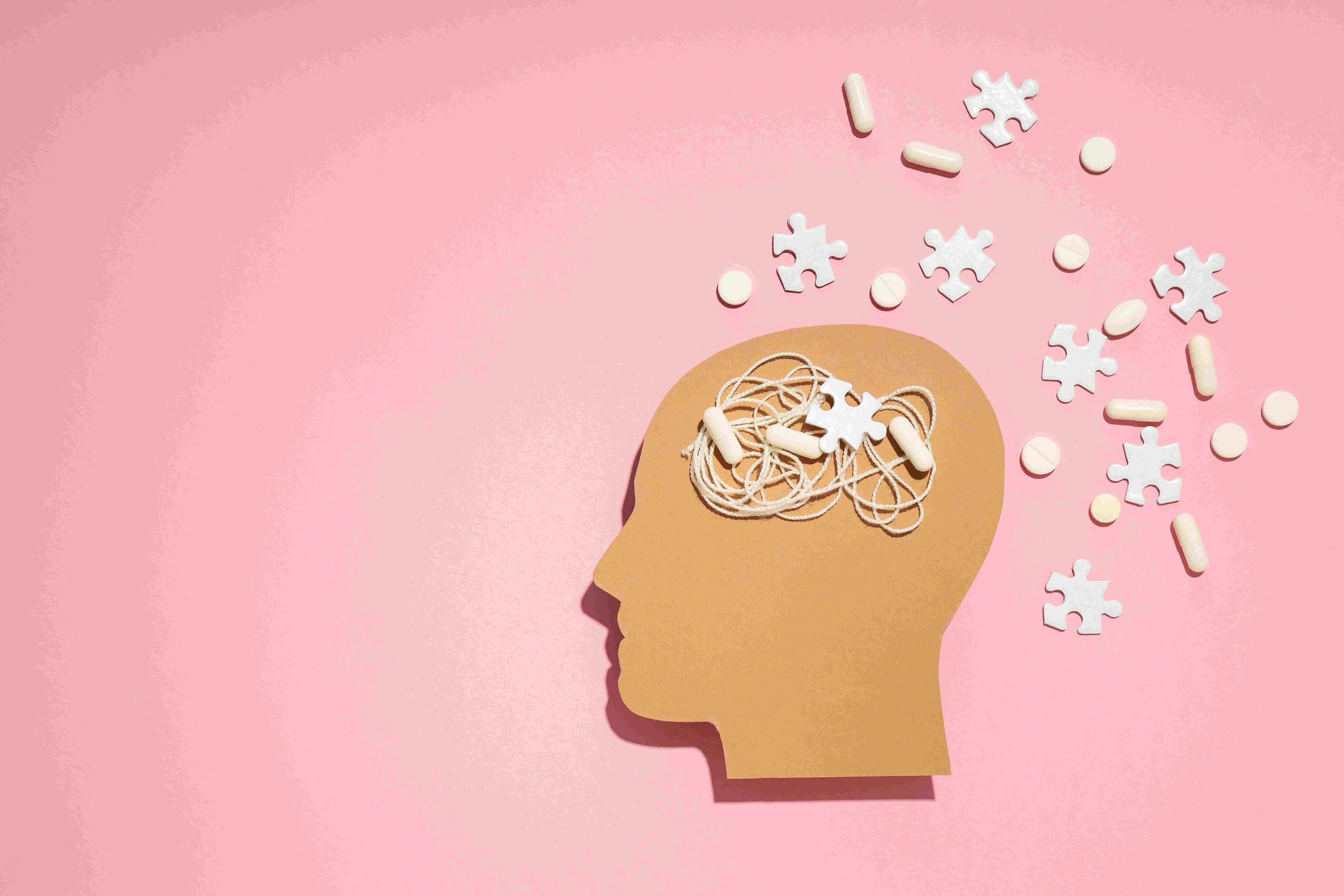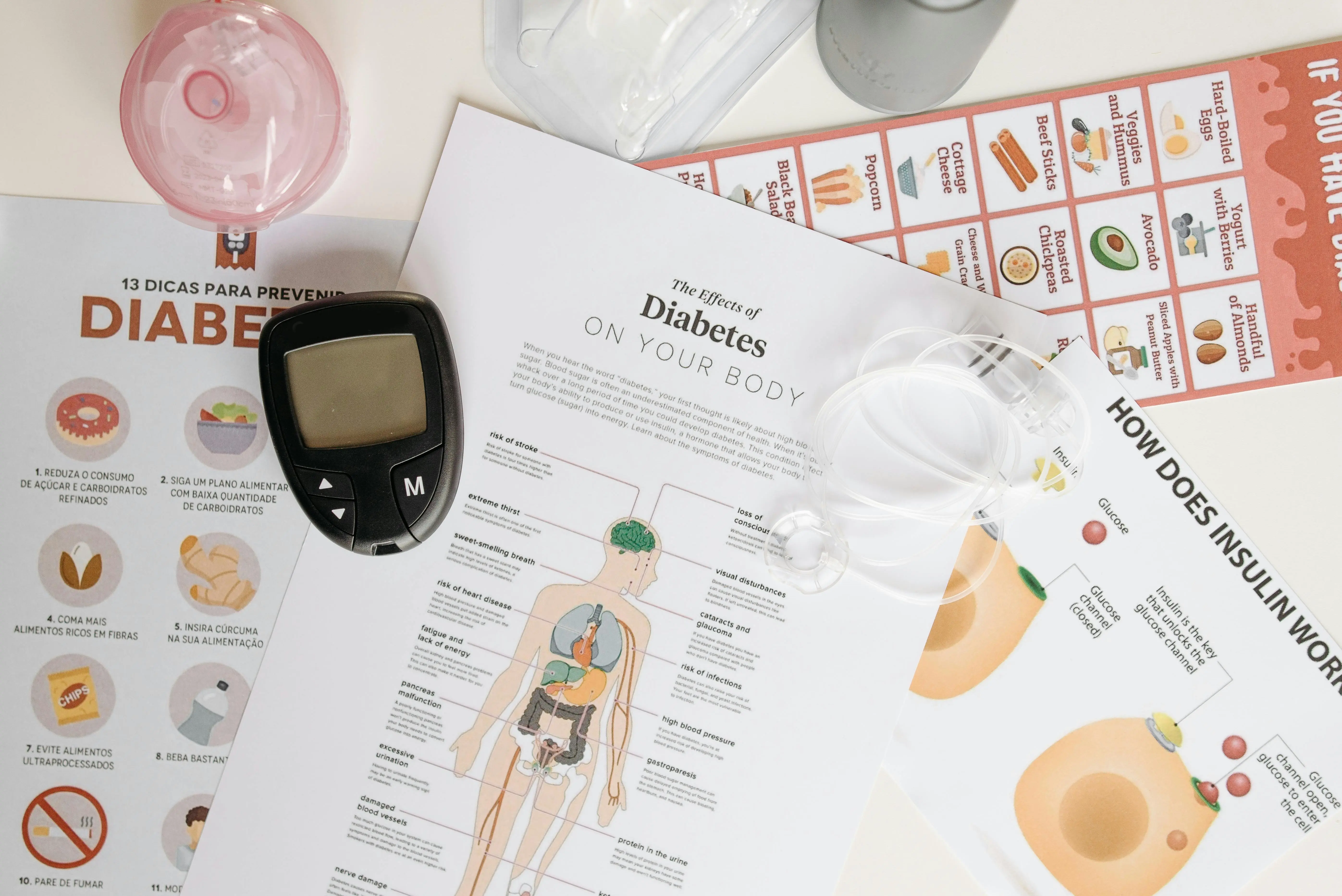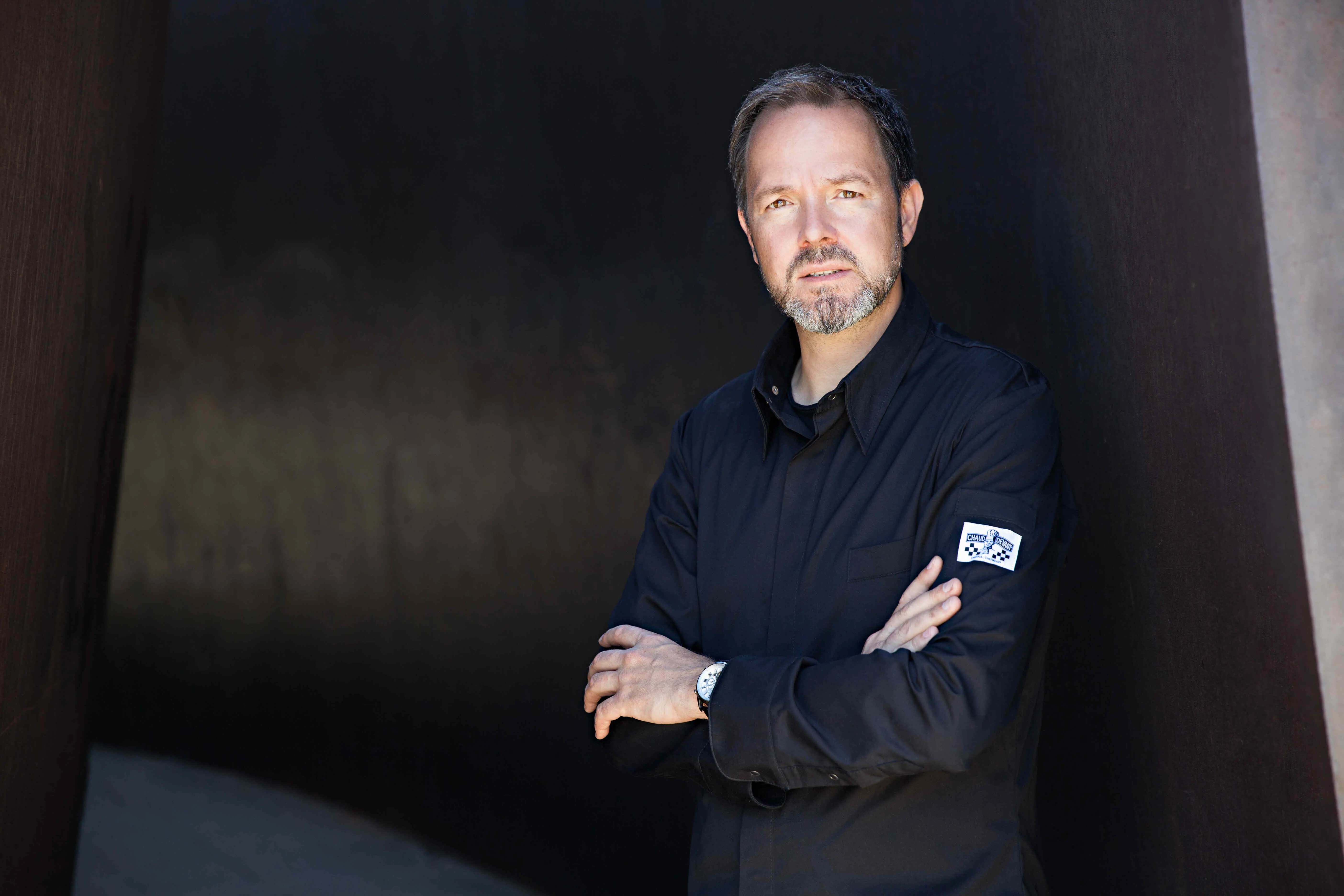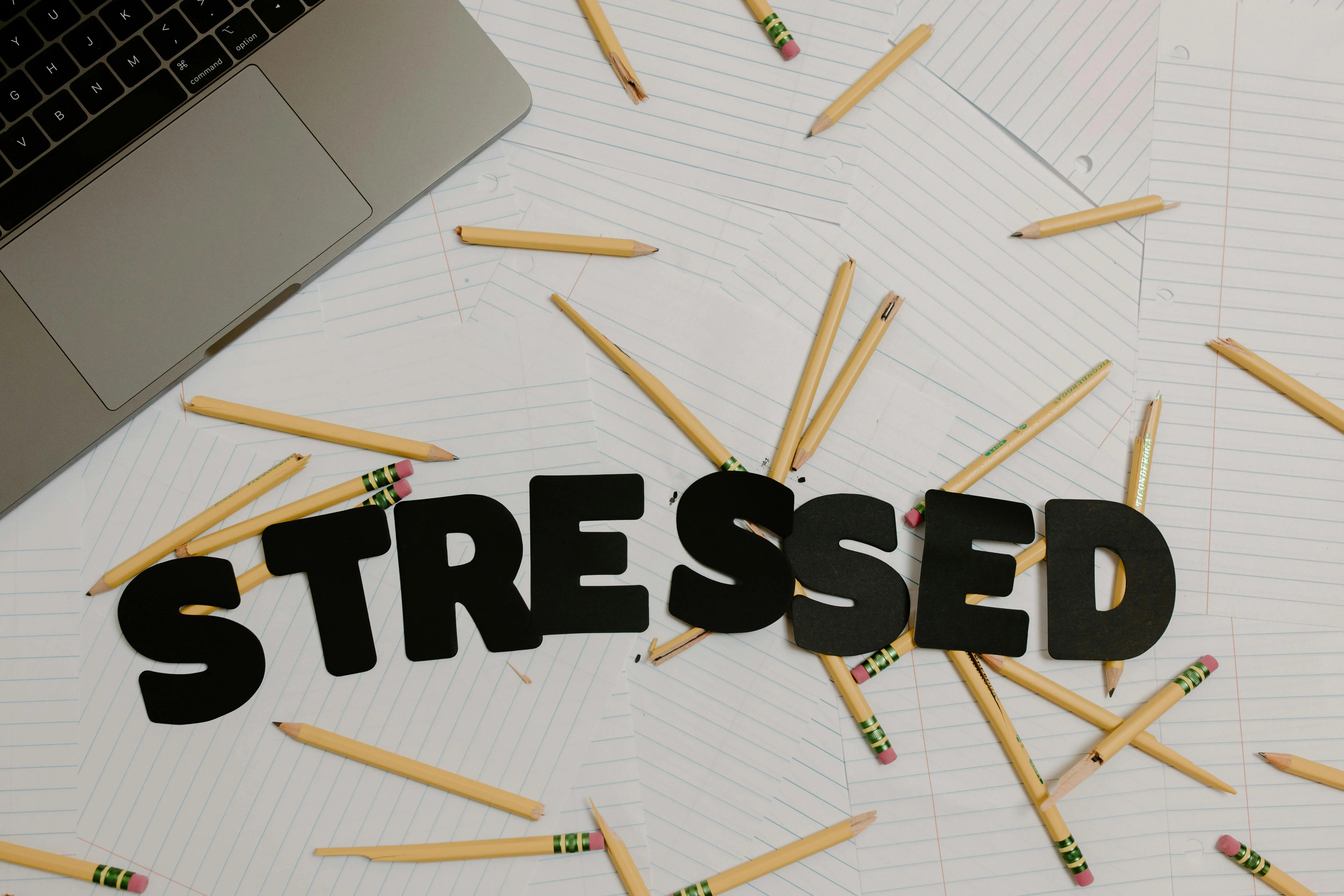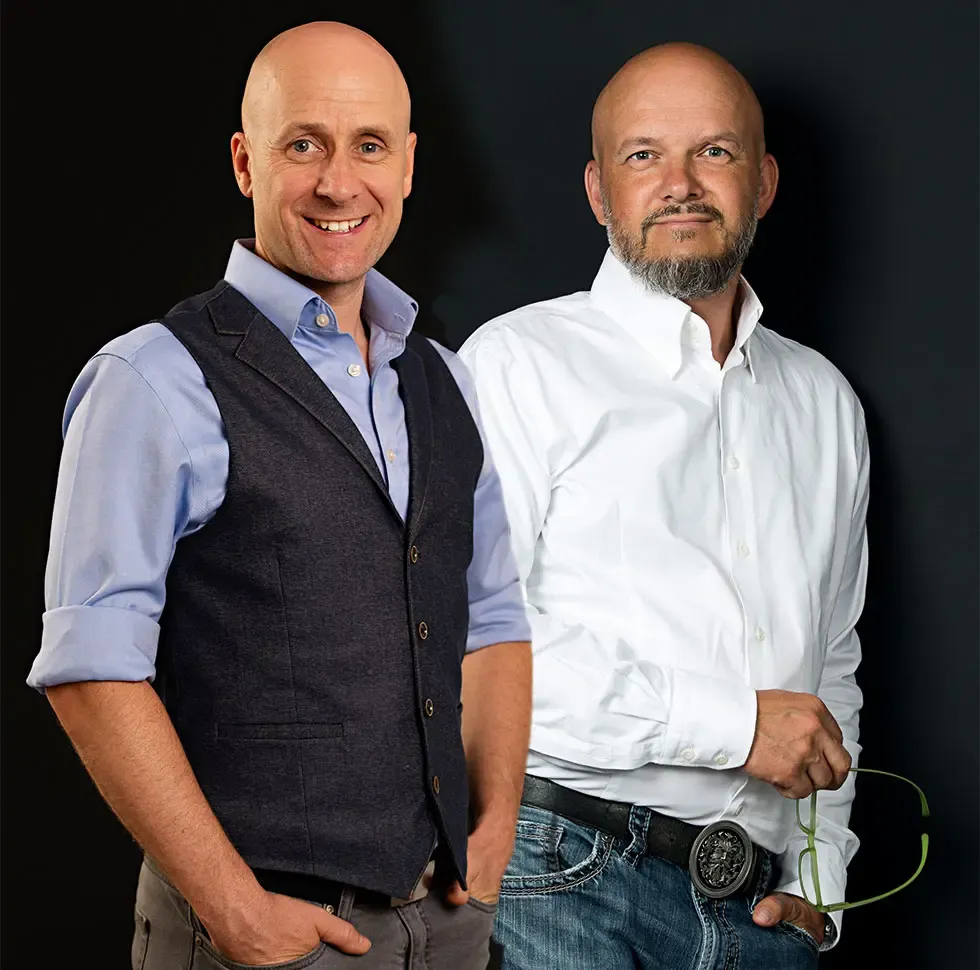It meets us every day and we probably use it more often than we realize or admit. Whether choosing lunch in the canteen, in sports or in planning the next career steps. In most major and minor daily decisions, intuition is our secret companion. Numerous studies conclude that decisions made intuitively often lead to greater satisfaction, explains the Regensburg neurologist and psychiatrist, Prof. Dr. Volker Busch.
So, is intuition really the proverbial gut feeling?
In common language use, we usually treat them as equivalent. Academically speaking, a gut feeling is more of a superficial, quick sense. Intuition, on the other hand, is real experiential knowledge. An inner perspective that lets us decide whether something is good or bad for us. That is more developed and much deeper.
How does intuition arise?
The main tasks of the human brain are: to perceive the environment with the senses, to store the impressions gained, to make predictions, and to derive meaningful actions from all of this. In the course of life, it builds up a huge wealth of experience. Like a giant library. The archivist is the hippocampus, which creates the card system. As far as we know, an intuitive process then works as follows: In the respective life situation, it is checked whether there was something similar in the past. The results are then passed on, among other things, to the prefrontal cortex – this is where decisions are made. If something is identified as familiar, the probability is high that the new situation will be compared to it, the experience reactivated, and a course of action derived from it. However, this has not yet been researched down to the last detail.
Does every person have it?
There is no person who does not have intuition, as we all constantly gain experiences and our brain is programmed to store and evaluate them. But of course, there are differences between people. And in old age or with dementia, it can be somewhat lost – then the experiences are still there, but the card index system has broken down and nothing can be found immediately.
It is said that intuition is typically feminine, is that true?
This is probably related to the fact that we allow intuition to varying degrees in different areas of life: When it comes to business, it is often denied. In matters of love or in private life, we are more willing to admit that we did not rely on facts. I believe intuition is more often attributed to women because even today business decisions are often connoted as male, while decisions related to love and feelings are associated with women. This is neither fair nor correct, because men can also decide very intuitively. And it has never been proven either. What is true, however, is that women are more likely to admit to having made intuitive decisions.











